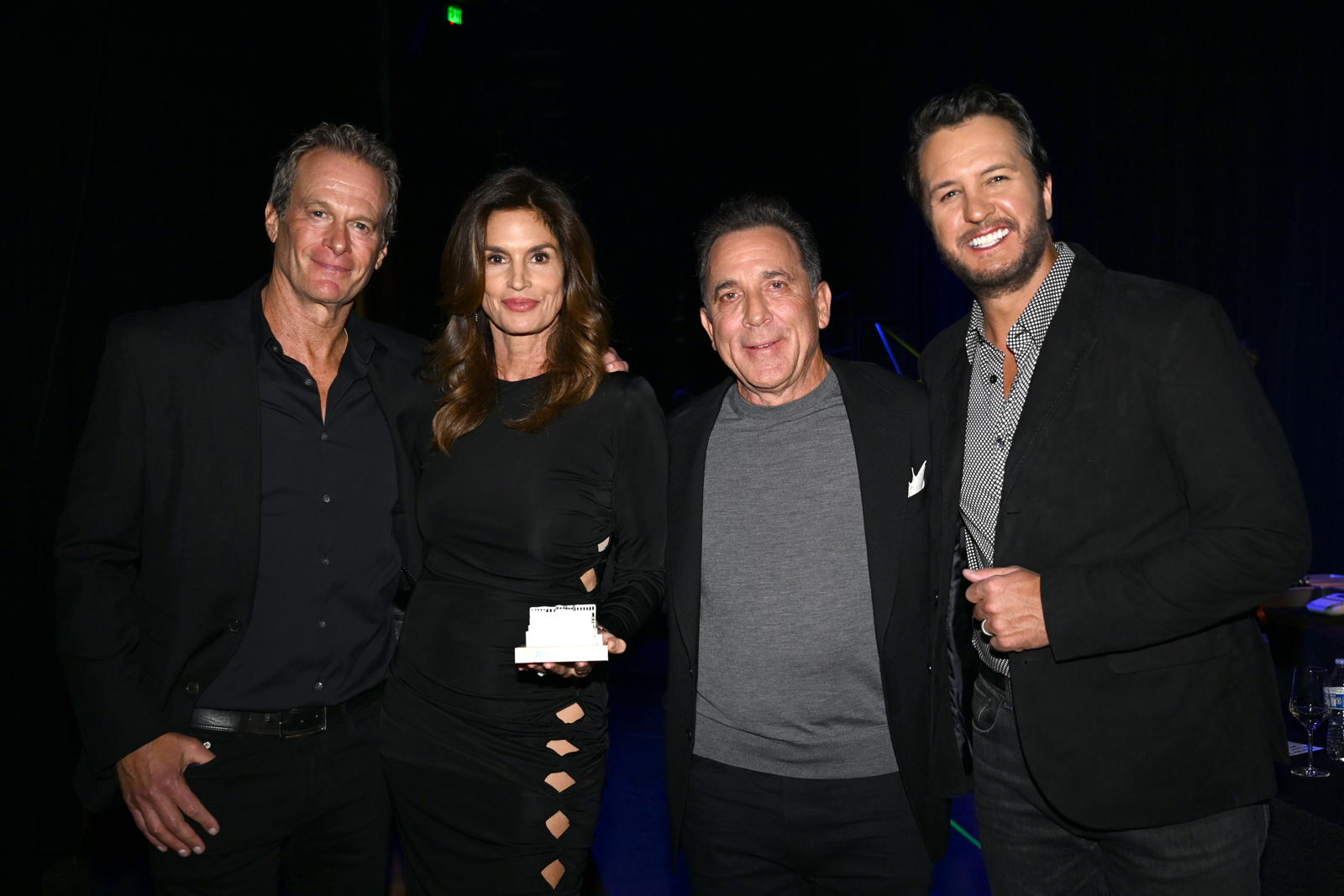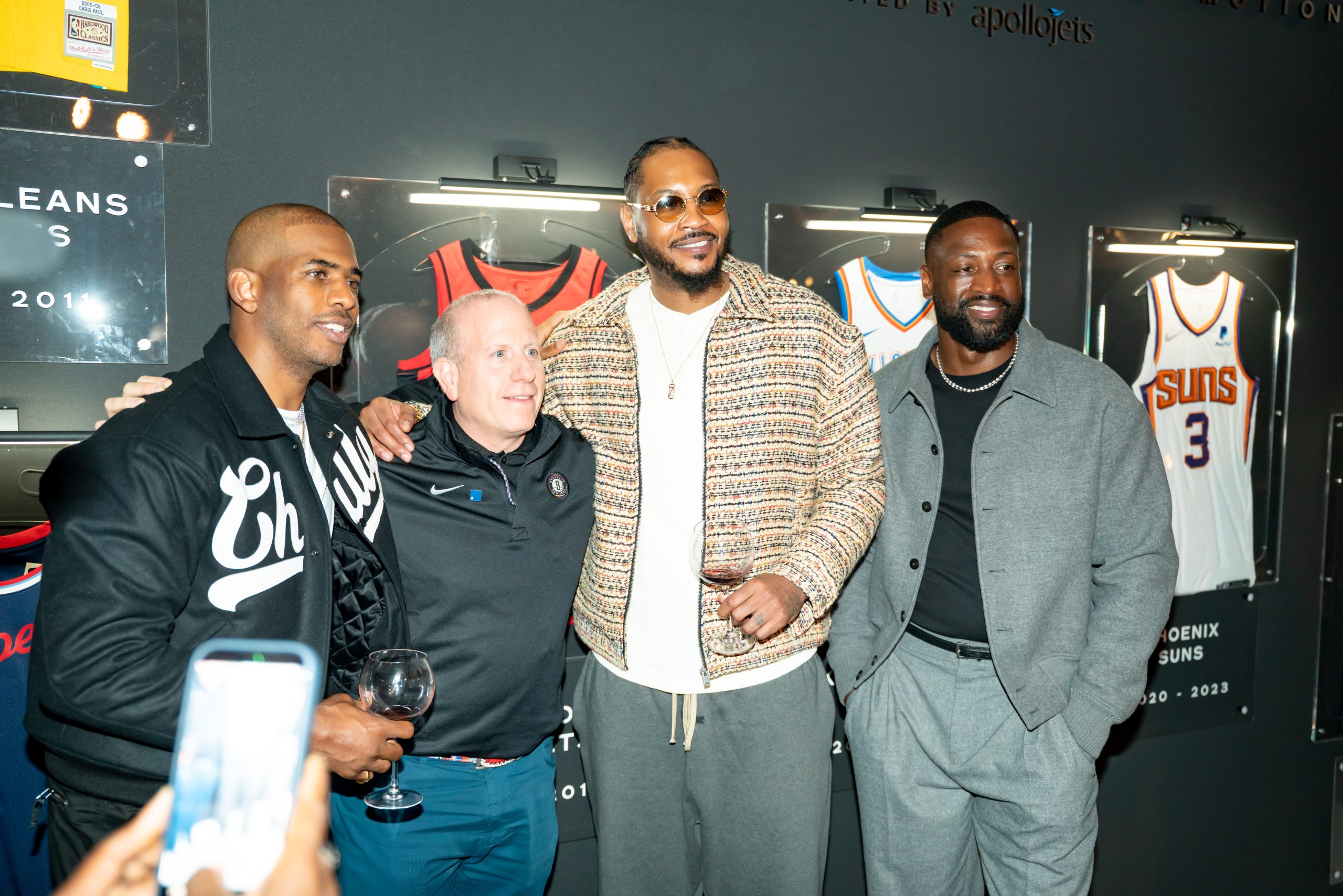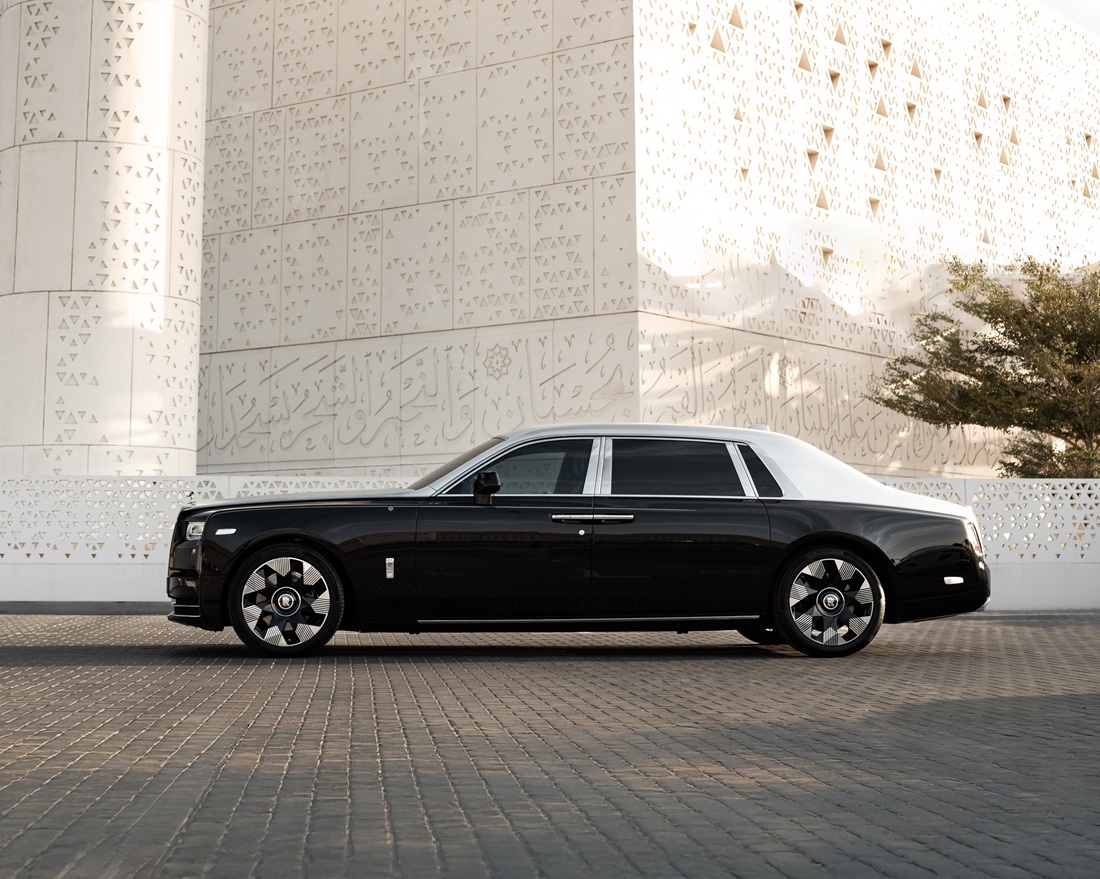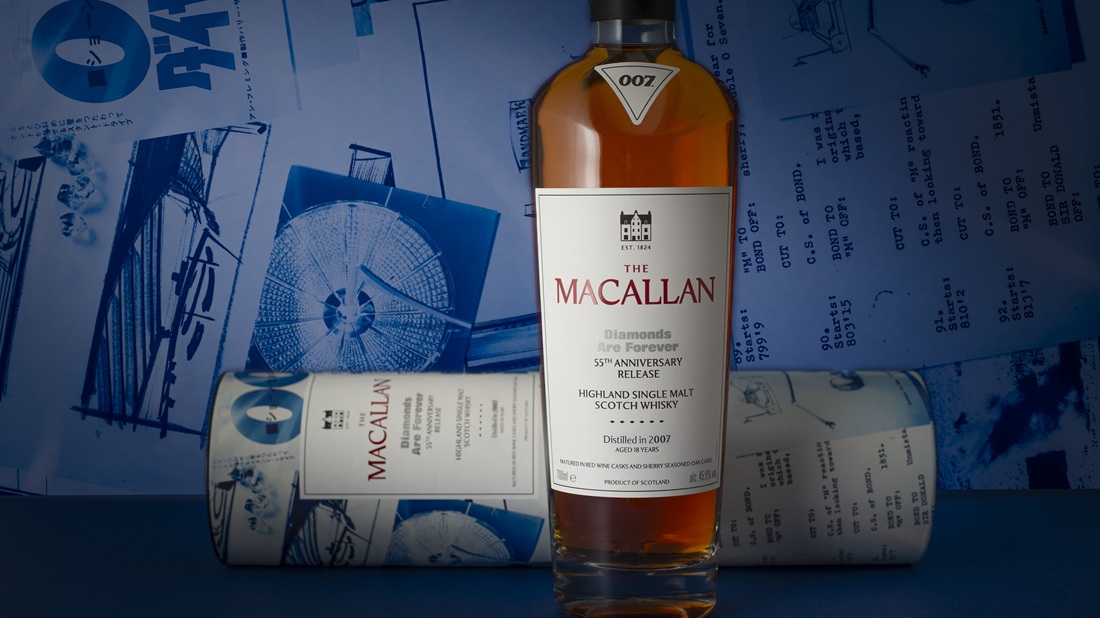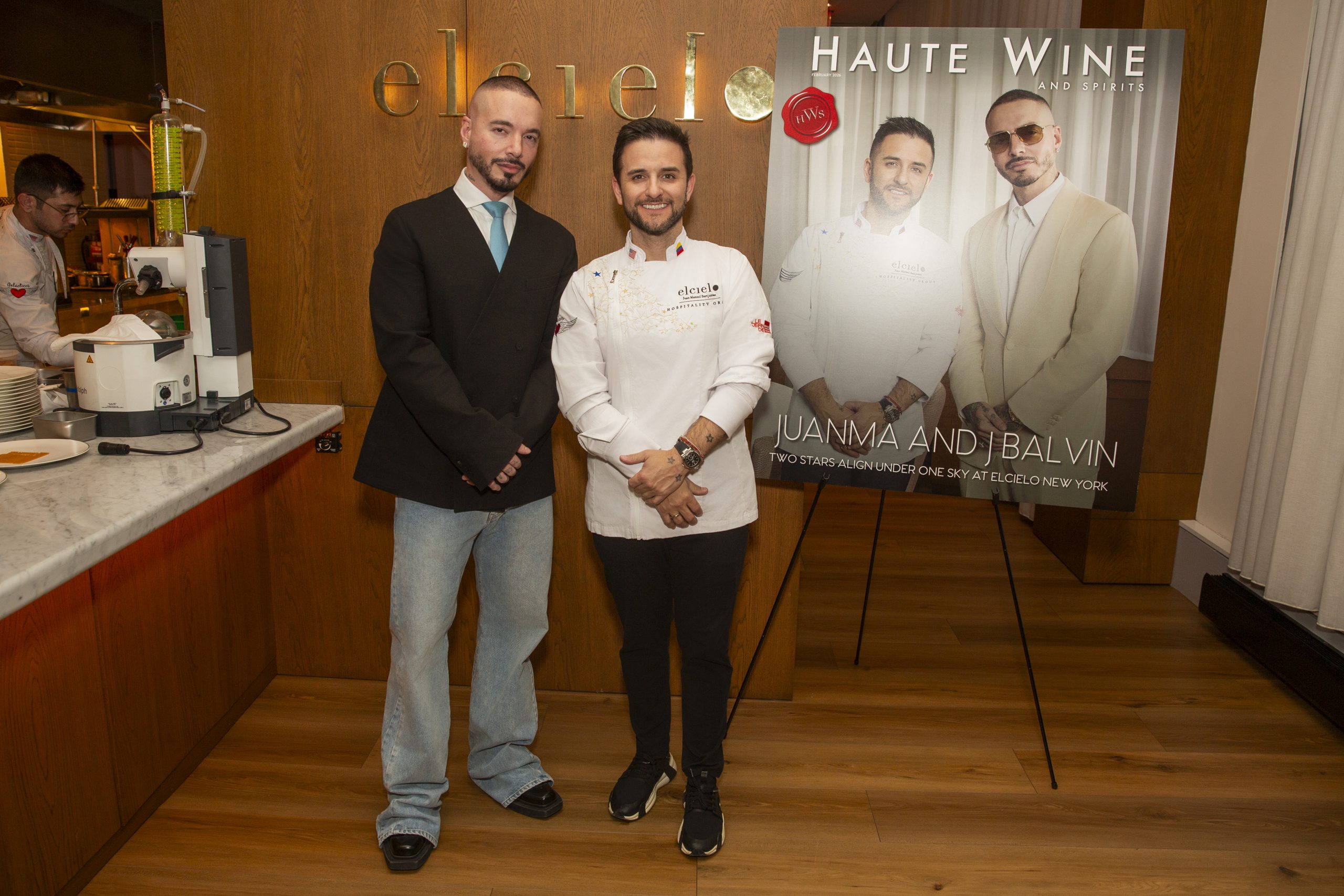The Impact of Quincy Jones
Growing up, Quincy Jones wanted to be a gangster. Not one of the wannabes that roam the streets today, but a bona fide, legit, Al Capone-type badass. Today, at 77 years old, there is no question that he is a badass. He’s a legend. He’s Quincy Jones, man, the man, the most successful music producer of all time, not to mention quite a musician himself, as well as a television and movie producer, record, television, and magazine executive, tech-savvy entrepreneur, and generous philanthropist to boot.
That’s pretty gangster. But certainly not the same type of gangster he wanted to be growing up in Chicago during the Al Capone era. When he explains his reasoning, it’s as hard to argue with his logic as it is not to get the chills. “For young kids in the place I was raised—the biggest black ghetto in America during the Depression—there was nothing but what we saw around us.” What the young Jones saw was a gang-orientated hierarchy, he saw tables full of money, back rooms with machine guns and bodies, and people hanging from telephone poles. It was a dangerous world that enthralled him. “Baby gangsta, 11 years old, big deal, right?” he says. “But it was just in our DNA, because that was all we ever saw. Running from gangs, getting hands nailed to the fence—it gets under your skin pretty quick.”
Even once his family moved to Washington state after his father’s employers were run out of town by Capone, Jones kept trudging down a dangerous path. “We really thought we were going to [continue to] be baby gangsters,” he laughs. “We broke in [to a rec center] and there was flavored ice cream and pie. So we ate the pie and had a pie fight. Then I broke into the supervisor’s room, and I saw, in the dark, over in the corner, a piano. I almost closed the door. But I walked over to the piano and touched it, because it never dawned on me that people actually played these instruments at all. But when I touched it, I knew that’s what I wanted to do with the rest of my life.”

